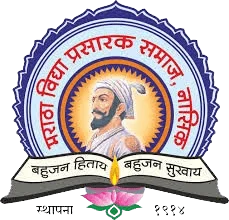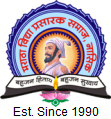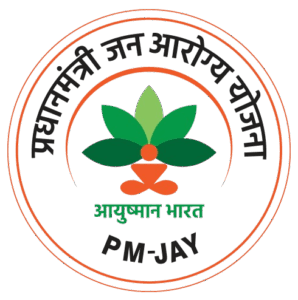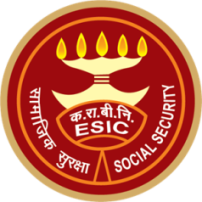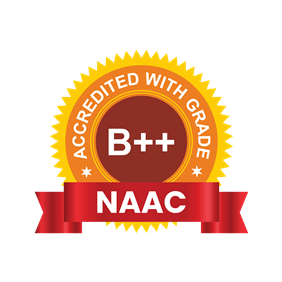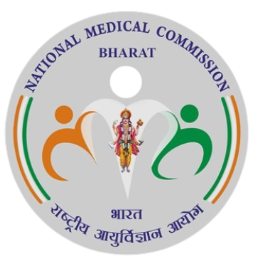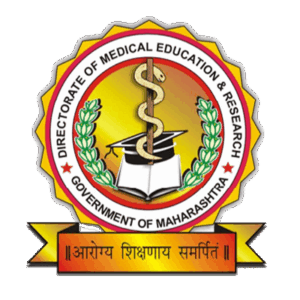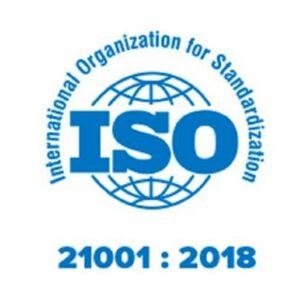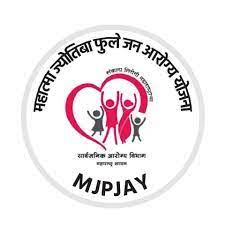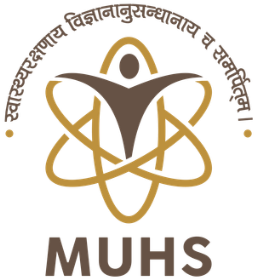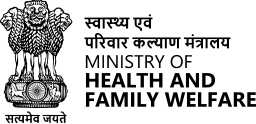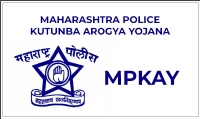TITLE
Orthopaedic Post Graduate Teaching Programme – JOINT
Objectives of Practice
To educate post graduate students about clinical case presentations, common orthopaedic cases and help them to excel in their clinical practical examination.
The Context
1) Each year an Orthopaedic Post Graduate Teaching Programme under the name of JOINTS is arranged. It is a joint venture between Dr. Vasantrao Pawar Medical College, Hospital and Research Centre, Adgaon, Nashik and Ramkrishna Medical Research Centre, Kakatkar Hospital, Nashik.
2) Venue: auditorium Dr. Vasantrao Pawar Medical College.
3) Distinguished faculties of various Orthopaedic sub-specialties from all over India are invited for the programme.
4) The course is attended in large numbers by post graduate students of M.S. Orthopaedics and Diploma of National Board (DNB) training candidates from all over India.
5) It is a 2-way communication between student and teacher and this course helps to carry on the tradition of clinically oriented teaching.
The Practice
- LED presentation by invited faculty on salient features of history taking, clinical examination of Orthopaedic patients.
- Long case and short case presentation by volunteered students by lottery system,5 cases per day followed by Group discussions.
- Participatory learning: Interpretation of Radiological imaging.
- Participatory learning: Application of Orthopaedicaids, splints and orthotics with ward rounds.
Evidence of Success
- All candidates attending his programme from Dr. VPMC Hospital and College have passed their M.S. Orthopaedics University Exam in first attempt from 2015 till date.
- Verbal feedback from outstation students that states this course has helped them in passing their University Examinations, both M.S. Orthopaedics and DNB Orthopaedics.
- The number of questions asked in participatory learning by students to the teachers is evidence of their enthusiasm and eagerness to learn.
- Most of students seem interested in case discussion, ward rounds and different joint examination and they thought they are helpful from examination point of view.
- We had provided post course feedback questionaries’ to the student / faculty to measure the impact of workshop, this technique was an innovative way to extent the impact of workshop beyond the time it was run.
Problems Encountered and Resources Required
There were few problems faced by us during the course.
1) Patient Consent: The patients who were selected for case presentations by residents were not comfortable to be present in front of hall full of doctors and students. Though the consent was taken as well as they were explained about the course still there was some reluctance by them. The patients who were supposed to be operated, due to the course their operations were delayed by 3-4 days.
2) Finances: The cost of stay,medications and operative charges were borne by the institute for such patients.
3) Limited opportunity for case presentation : There were many registrations, more than what we had expected and planned. Due to this not all got the opportunity to present and thus we used lottery system to select the candidate for case presentations.
